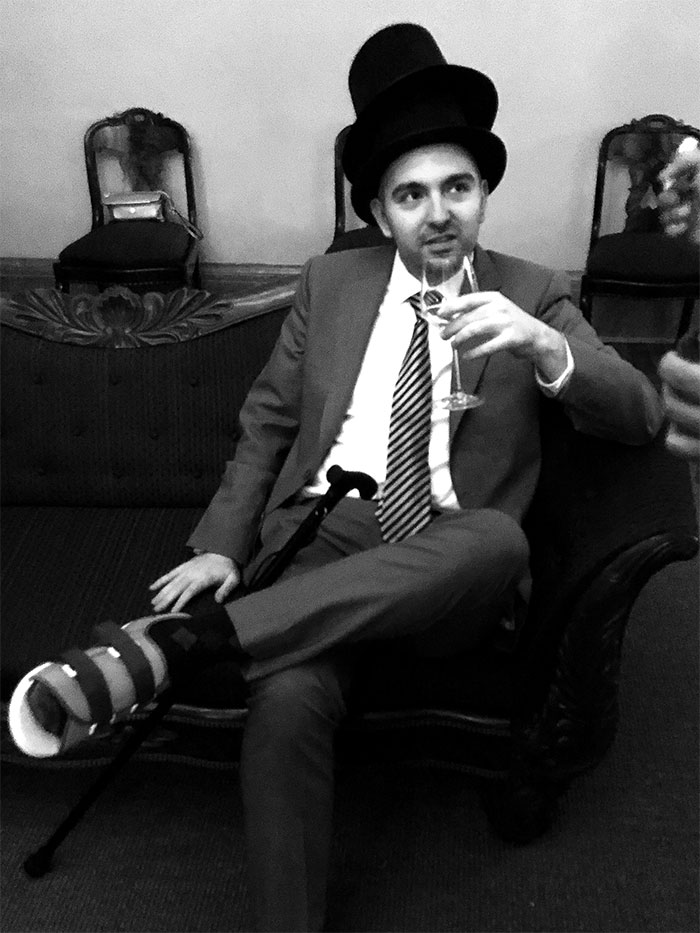Technology Policy Institute Tackles Big Data
A recent paper by the Technology Policy Institute takes a pro-business look at the Big Data phenomenon, finding “no evidence” that Big Data is creating any sort of privacy harms. As I hope to lay out, I didn’t agree with several of the report’s findings, but I found the paper especially interesting as it critiques my essay from September’s “Big Data and Privacy” conference. According to TPI, my “inflammatory” suggestion that ubiquitous data collection may harm the poor was presented “without evidence.” Let me first say that I’m deeply honored to have my writing critiqued; for better or worse, I am happy to have my thoughts somehow contribute to a policy conversation. That said, while some free market voices applauded the report as a thoughtful first step at doing a a Big Data cost-benefit analysis, I found the report to be one-sided to its detriment.
As ever in the world of technology and law, definitions matter, and neither myself nor TPI can adequately define what “Big Data” even is. Instead, TPI suggests that Big Data phenomenon describes the fact that data is “now available in real time, at larger scale, with less structure, and on different types of variables than previously.” If I wanted to be inflammatory, I would suggest this means that personal data is being collected and iterated upon pervasively and continuously. The paper then does a good job of exploring some of the unexpected benefits of this situation. It points to the commonly-lauded Google Flu Trends as the posterchild for Big Data’s benefits, but neglects to mention the infamous example where Target was able to uncover a teenage customer was pregnant before her family.
At that point, the paper looks at several common privacy concerns surrounding Big Data and attempts to debunk them. Read More…

